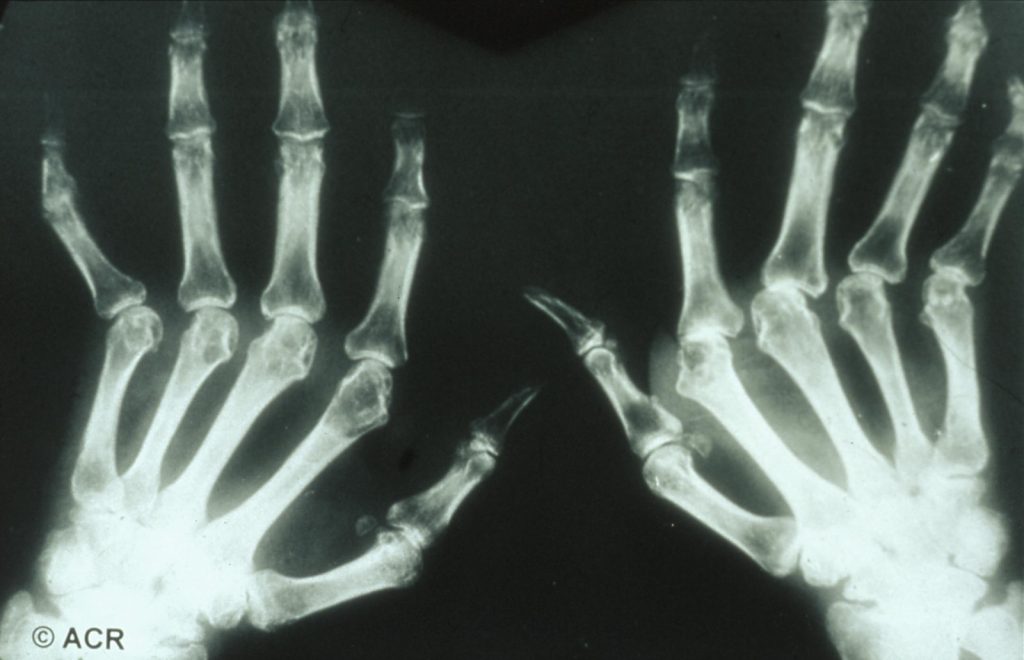Sex-specific bias in the diagnosis and treatment of inflammatory rheumatic diseases

It is well recognised that in patients suffering from a heart attack or depression, different signs and symptoms in women and men may lead to a delayed diagnosis or inadequate treatment, which can have serious consequences for the patient. Is this also the case in patients with inflammatory rheumatic diseases?
What is clear is that there are major sex-specific differences in the prevalence of rheumatic diseases. Data from the German national database show that autoimmune diseases such as rheumatoid arthritis, systemic sclerosis, lupus erythematosus or Sjögren’s disease affect a significantly higher proportion of women (74%-93%), while more than half of the patients with ankylosing spondylitis (65%) or Behcet’s disease (64%) are male.
The time until diagnosis also shows sex-specific differences, with women often being diagnosed with a rheumatic disease later than men. Results from diagnostic measures may contribute to this delay with elevated inflammatory markers in blood tests and changes in the bone structure in X-rays being often more visible in men compared to women with spondyloarthritides. In women, these examinations are more often within the normal range, even though the female patients present with signs of an inflammatory disease. A delayed diagnosis is accompanied by a longer period of suffering for the patient and can lead to irreversible consequential damage if the rheumatic disease is not adequately treated.
In the future, epidemiologists at the DRFZ would like to expand the gender research in rheumatology to identify sex-related differences in health care, but also in the response to therapies and in the safety of anti-rheumatic drugs.

